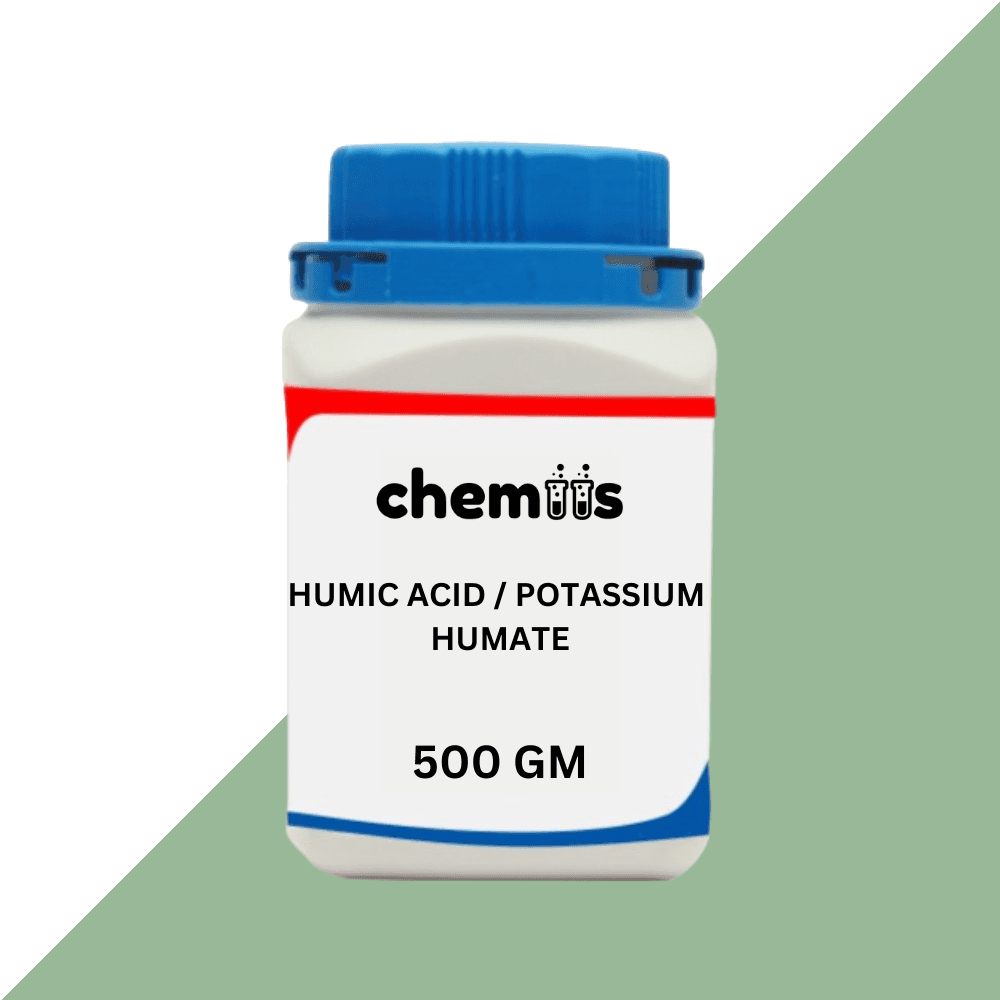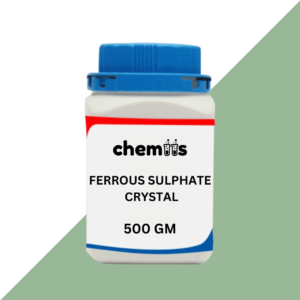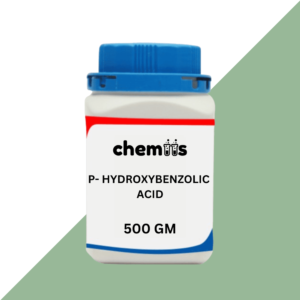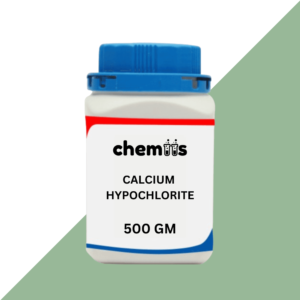Humic Acid and Potassium Humate are organic compounds derived from the natural decomposition of plant and animal matter over time, commonly referred to as humic substances. These compounds are known for their powerful soil-conditioning properties, making them crucial for a range of applications, especially in agriculture and environmental management. Humic substances are present in peat, coal, lignite, and other organic-rich materials, and they play a significant role in improving soil fertility, enhancing plant growth, and promoting sustainable farming practices.
Humic Acid is a general term for a variety of complex organic molecules that have high molecular weight and are typically found in the form of dark brown to black substances. Potassium Humate is a potassium salt of humic acid and is commonly used in fertilizer formulations to increase plant nutrient uptake, improve soil structure, and enhance water retention in the soil.
These substances not only benefit agriculture but also have applications in industrial processes, water treatment, and environmental management due to their chelation and adsorption properties.
Applications of Humic Acid and Potassium Humate
- Agriculture and Horticulture:
- Soil Conditioner and Fertilizer:
Humic Acid and Potassium Humate are used extensively as soil conditioners to improve the structure, fertility, and pH balance of soil. Humic substances help loosen compacted soils, allowing for better water and air penetration. They also enhance the microbial activity in the soil, promoting the growth of beneficial bacteria and fungi, which are vital for soil health and plant growth. - Improvement in Nutrient Uptake:
These compounds play a significant role in the uptake of nutrients by plants. They act as chelating agents, binding to essential minerals like calcium, magnesium, and iron, making them more available for plant roots. This leads to improved plant growth, higher crop yields, and more efficient use of fertilizers. - Enhanced Root Development:
Humic Acid and Potassium Humate stimulate root growth and increase the root surface area, enabling plants to absorb nutrients more effectively. This is particularly beneficial in poor soils where nutrient availability is low. - Organic Fertilizer:
Potassium Humate is often incorporated into organic fertilizers as it provides a slow-release source of potassium, an essential nutrient for plants. This enhances the efficiency of fertilizers and reduces the risk of nutrient runoff into the environment.
- Soil Conditioner and Fertilizer:
- Soil pH and Soil Health Management:
- Soil pH Regulation:
Humic Acid is an effective agent for regulating soil pH. By adding humic substances, soils that are too acidic or too alkaline can be neutralized, creating a more favorable environment for plant growth. Humic substances help maintain an optimal pH range for the growth of most crops. - Microbial Activity Boost:
Humic substances promote microbial life in the soil, including beneficial bacteria, fungi, and protozoa, which play an important role in nutrient cycling and organic matter decomposition. A healthy soil ecosystem is essential for sustainable farming and crop production. - Soil Structure Enhancement:
Humic Acid and Potassium Humate improve the physical structure of soil by increasing its water retention capacity and reducing soil erosion. This results in improved soil aeration and better root penetration, which are critical for plant health.
- Soil pH Regulation:
- Environmental Management and Remediation:
- Water and Wastewater Treatment:
Humic Acid and Potassium Humate are effective in water treatment due to their ability to adsorb heavy metals, toxins, and organic pollutants. These compounds are used in the remediation of contaminated water sources, acting as natural filters to remove harmful substances and improve water quality. - Soil Remediation:
In cases of soil contamination (e.g., from heavy metals or industrial pollutants), Humic Acid can be used in remediation efforts to bind with contaminants and reduce their toxicity. Potassium Humate is also utilized in land reclamation projects to restore soil fertility and structure after industrial pollution or mining activities.
- Water and Wastewater Treatment:
- Industrial Applications:
- Agricultural Chemicals:
Both Humic Acid and Potassium Humate are used in the production of agricultural chemicals, including fertilizers, plant growth stimulants, and pesticides. They act as both binding agents and stabilizers for these products, ensuring better efficacy and longevity in the field. - Cosmetics and Personal Care Products:
Humic Acid is also used in the formulation of some cosmetic products, where it is valued for its antioxidant and anti-inflammatory properties. It helps promote skin health and is used in face masks, creams, and shampoos. - Animal Feed Additives:
Potassium Humate is sometimes incorporated into animal feed to improve the digestion and nutrient absorption of livestock. Its use in ruminant diets can enhance the gut microbiome, supporting better health and growth in animals.
- Agricultural Chemicals:
- Hydroponics and Greenhouses:
- Plant Growth Enhancement:
In hydroponic systems and greenhouses, Humic Acid and Potassium Humate are used to improve plant growth by optimizing the root zone environment. These compounds help in the mobilization of nutrients, improve water retention, and increase the overall health and yield of plants in soil-less cultivation systems.
- Plant Growth Enhancement:
- Flue Gas Desulfurization:
- Desulfurization Agent:
Potassium Humate is used in the desulfurization of flue gases from power plants and industrial processes. It helps capture sulfur compounds from the exhaust gases, reducing their environmental impact and helping industries comply with environmental regulations on air quality.
- Desulfurization Agent:








Saumya Balan (verified owner) –
Quick and safe delivery.
Simran Gill (verified owner) –
Neatly packed items.
Shweta Dubey (verified owner) –
Received in good time.
Deeksha Iyer (verified owner) –
Efficient and reliable.
Deepansh Bedi (verified owner) –
Will definitely order again.
Sahil Chhabra (verified owner) –
Great for bulk purchase.
Sameer Patel (verified owner) –
Excellent product range.
Harsh Vardhan (verified owner) –
Fast response to queries.
Pranav Agarwal (verified owner) –
Good quality.
Ishaan Nayak (verified owner) –
Found what I was looking for.
Vinay Tiwari (verified owner) –
Very dependable delivery.
Arjun Reddy (verified owner) –
Good support for queries.
Fatima Noor (verified owner) –
Just what I needed.
Kusum Kumari (verified owner) –
Great experience overall.
Aarav Mehta (verified owner) –
Reliable chemical supplier.
Snehal More (verified owner) –
Received in good time.
Sneha Iyer (verified owner) –
Website is easy to navigate.
Aditi Menon (verified owner) –
Clear product details.
Chirag Vora (verified owner) –
Easy to communicate with.
Arjun Reddy (verified owner) –
Just what I needed.
Deeksha Iyer (verified owner) –
Smooth ordering process.
Suraj Barman (verified owner) –
Easy to reorder.
Rupal Vyas (verified owner) –
Reliable chemical supplier.
Suraj Barman (verified owner) –
Neat and secure packaging.
Simran Gill (verified owner) –
Clean and clear instructions.
Avni Kapoor (verified owner) –
Excellent online store.
Deepak Singh (verified owner) –
Quality exceeded expectations.
Sneha Iyer (verified owner) –
The product is firmly packed.
Tanya Shetty (verified owner) –
Products are exactly as described.
Charu Ghosh (verified owner) –
Works as expected.
Manju Devi (verified owner) –
Well-labeled products.
Shreyas Rao (verified owner) –
Good quantity at good price.
Abhay Saxena (verified owner) –
Exactly as shown.
Manju Devi (verified owner) –
Product matches the description.
Sandeep Nair (verified owner) –
Reliable supplier.
Snehal More (verified owner) –
Just what I needed.
Namrata Bansode (verified owner) –
Better than local suppliers.
Aarav Mehta (verified owner) –
Super fast shipping.
Ramesh Natarajan (verified owner) –
Just as expected.
Rahul Verma (verified owner) –
Easy to find what I wanted.